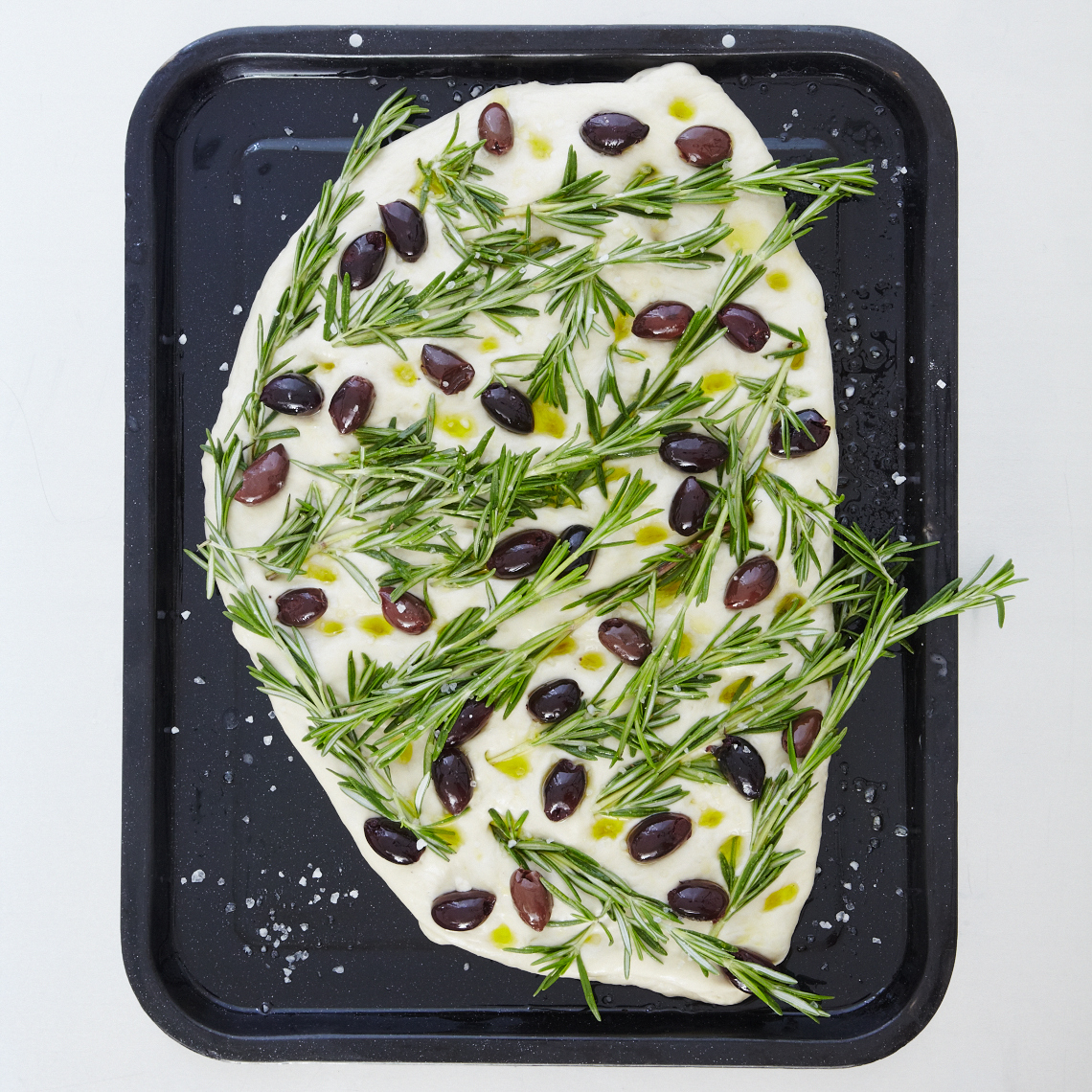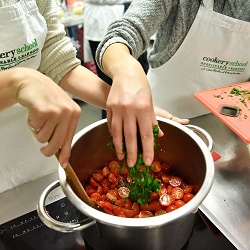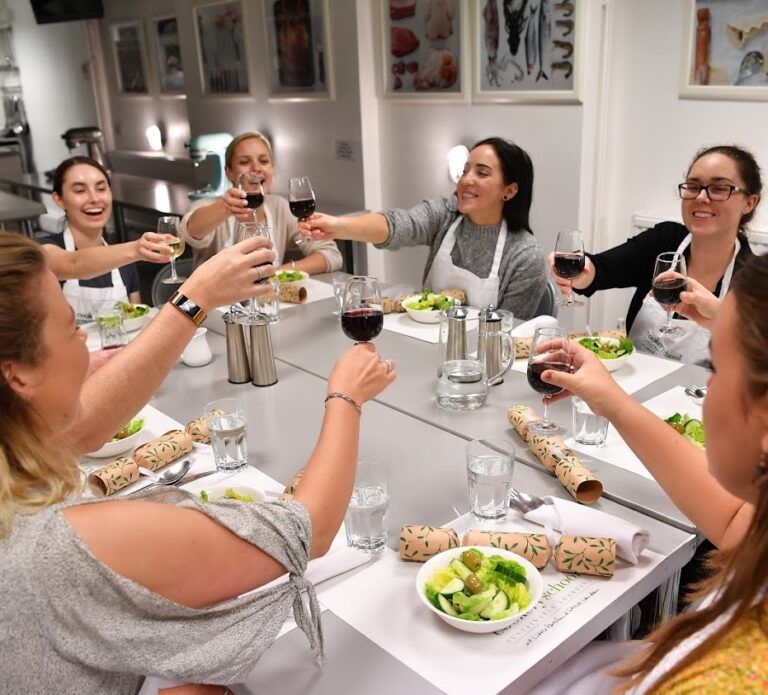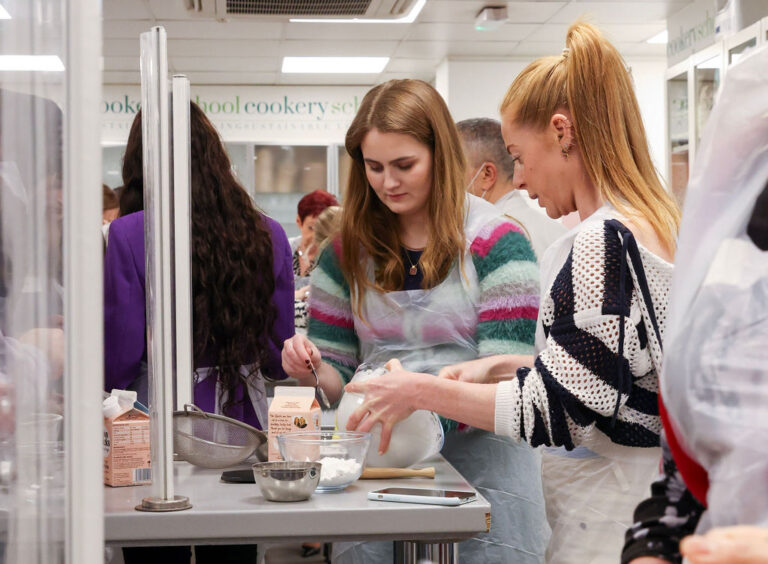The Pity with Plastics
2018: People have woken up to the problem with plastics. With jaw-dropping facts emerging almost daily, we now know that huge quantities of plastic (larger than a big rubbish truck) are being dumped into our oceans every minute and that by 2050 there will be more plastic in the sea than fish, by weight. The irony is that the cost to clean up the sea is greater than the profits made by the plastic industry as a whole – what a dystopian economic landscape we’ve created.

Some leading chefs and restaurateurs have begun shouting about how they run a sustainable kitchen with tips such as ensuring they buy the lids for their storage boxes as opposed to relying on the ubiquitous – and toxic – clingfilm. This is a positive turn, yet something that we have been doing quietly for years, passing on our knowledge and plastic-free tips to everyone who steps through our doors. You only need to peep inside our fridges and freezers to see towers of Pyrex containers brimming with all sorts of additive-free ingredients.
Industry-wide, plastic straws have been thrown out with the dishwater and replaced with paper or Vegware straws to accompany the cups made from renewable resources such as corn starch or sugar cane. At home, people feel in control of their own recycling, yet the problem here is the lack of infrastructure to support such innovative products outside of the home. Without any compost bins on busy streets, these good intentions are merely paving a way to plastic hell. Customers buy a product and feel happy that they can consume these products, plastic and guilt free, but then get stumped when they look to throw it away after use. The lack of compost bins means that they get chucked in the recycling bin which ultimately ends up in landfill due to contamination to the other paper and recyclable materials. The government needs to realise the planet needs their intervention, or at the very least for them to appear to take it seriously (and not turn up to meetings on environmental issues with a takeaway coffee cup in hand).
We believe the human race is smart enough to know that there should be no new plastics produced. Full stop. The recycling of plastic needs to be a closed loop, meaning that life cycle of a plastic product results in the reincarnation into another product. It’s brilliant to see global giants like Adidas create a range of functional and ethical running shoes that repurpose ocean plastics or Delphis Eco creating the first 100% post-consumer recycled bottle meaning that the entirety of these bottles are from recycled plastics.
Other little bits that we try implement in our office and kitchen to do our bit includes (but is not limited to) using pencils and not pens; drinking out of glass or reusable bottles; working only with suppliers who share our ethos; ordering produce in bottles and tins, where possible; sending back any plastic containers that do make it over the threshold, for reuse; and not providing any single use plastic bags to students with left-over food to take home.
We’re not perfect but, ever since the inception of Cookery School (15 years ago!), it’s been in our blood to ensure that we live, cook and eat as sustainably as possible. The disastrous thought now though, of course, is that with all the microplastic particles being ingested through our food chain, including in seafood, plastic IS literally and unavoidably in our blood (and stomach and lungs…). The effects to us are unknown but clearly not desirable.
Category
Sustainability





